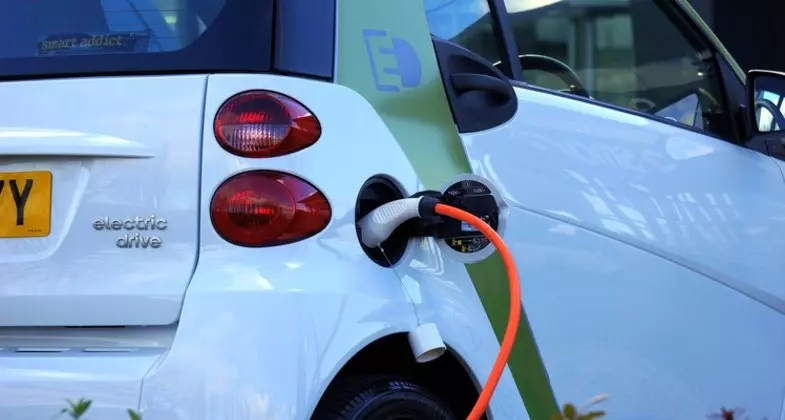The future of urban mobility: Navigating the trends enabling transport innovation
We explain how carmakers globally are currently facing an array of challenges, from slackening demand in China to stricter controls on emissions.
Regulatory challenges, economic uncertainty and tariffs on trade are driving a dramatic shift towards strategic alliances and joint ventures between OEMs. Despite a drop in M&A activity from 2018 which saw a record 20 megadeals, experts believe the competition for emerging technologies will continue to drive acquisitions in the automotive space in 2019. Successful executives will need to learn to co-exist in an increasingly complex ecosystem, whilst working closely with key competitors.
| “Future mobility will be unrecognizable: closely matched to individual needs, precisely scaled to actual use, sometimes shared, and less carbon intensive.” Guillaume Devauchelle, VP Innovation and Scientific Development, Valeo. |
Alongside the macroeconomic factors at play, the automotive industry is also currently in the middle of its own digital revolution, with tech businesses now as important as traditional tiered suppliers. Trends such as autonomous vehicles, increased connectivity, electric vehicles, and evolving shared ownership models (ACES) are transforming the future of urban mobility. We are beginning to see the impact these are having on traditional automotive manufacturers and suppliers, regulators, end consumers and other businesses that form the supply chains of the automotive market.
These emerging technologies are creating skills challenges for all manufacturers, and we are increasingly seeing the importance of agile, responsive leadership that can connect the dots in a rapidly evolving space.
| “Increasingly, we are seeing manufacturers shift their focus to investing in technology, such as automation to augment existing processes, rather than recruiting more staff. However, lack of availability of talent (including leadership talent) is still perceived as the biggest obstacle to realising the return from technological investments, whether this is in manufacturing processes or new mobility services and products”. Justin Benson, UK Head of Automotive, KPMG |
This transformation requires an agility and commuter centricity that is new for the industry, and the complexity of navigating these challenges may lead businesses to wait and see what happens. These significant changes are not limited to the automotive sector as executives from Financial Services, Telecommunications, Energy and Technology are all paying close attention to the quickening pace of change, to future proof their businesses. We know that the future of urban mobility ranks high in the minds of senior management, but there is still work to be done on defining strategies, conducting pilot studies and convincing stakeholders on the need for change.
| “If you want to revolutionise the industry and lead the electric revolution, leadership must make more bold decisions, more often and much more quickly”. Kamran Iqbal, CEO of Advanced Mobility Research and Development |
Across our automotive, digital and technology practices we are seeing an increasing pace of change. Companies that respond swiftly to address market disruption will be best positioned to seize opportunities in the future. Rapid technology innovation is shaping the future of urban mobility and will lead to evolving business models as the market matures. Any successful transformation will be underpinned by leadership talent and, with the challenges presented by today’s global economy, this is unquestionably the age of the specialist head-hunter. To be competitive, our clients recognise the benefit of insight and market knowledge provided by an expert.


